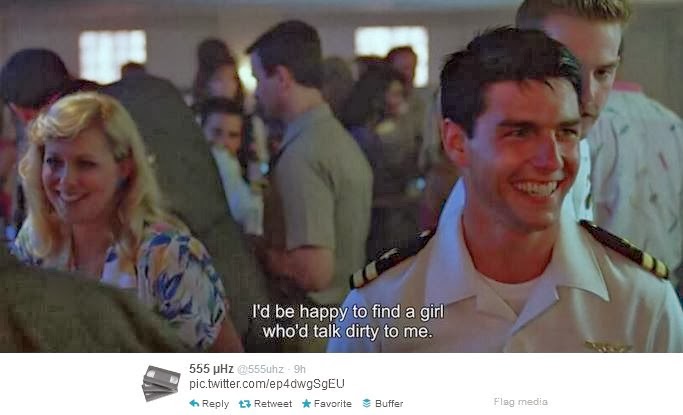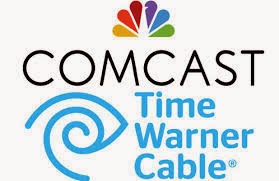For now, anyway.
The FCC announced a plan to allow content providers (e.g. Netflix) to pay internet service providers (e.g. Comcast) for faster and more reliable internet connections to paying customers. This is literally the opposite of net neutrality, and goes against the trend in regulations in Europe (see this NYT article for more). What's surprising about his decision is that it didn't have to be made. Neither Comcast nor Netflix are struggling for revenue, and Google Fiber is keeping ISPs on their toes in terms of infrastructure development too. January's decision to strike down the FCC's net neutrality principles didn't say they lacked the authority in total, rather, that the FCC would first have to treat ISPs as common carriers to be able to justify the level of regulation that net neutrality entails. This is exactly the shift that we see in Europe today, but yesterday the US went in another direction.



















